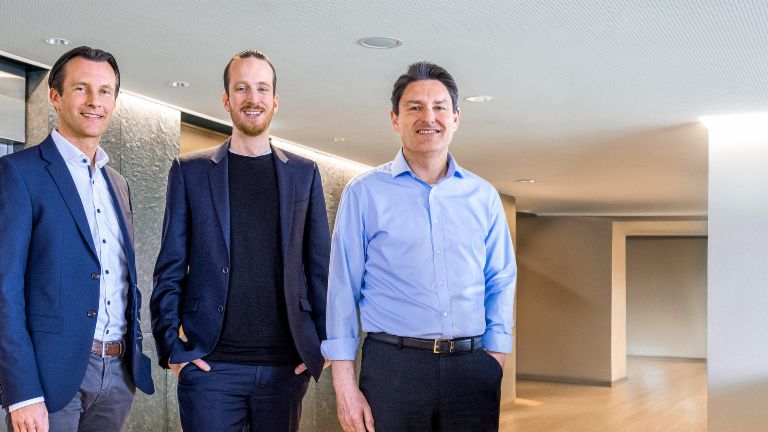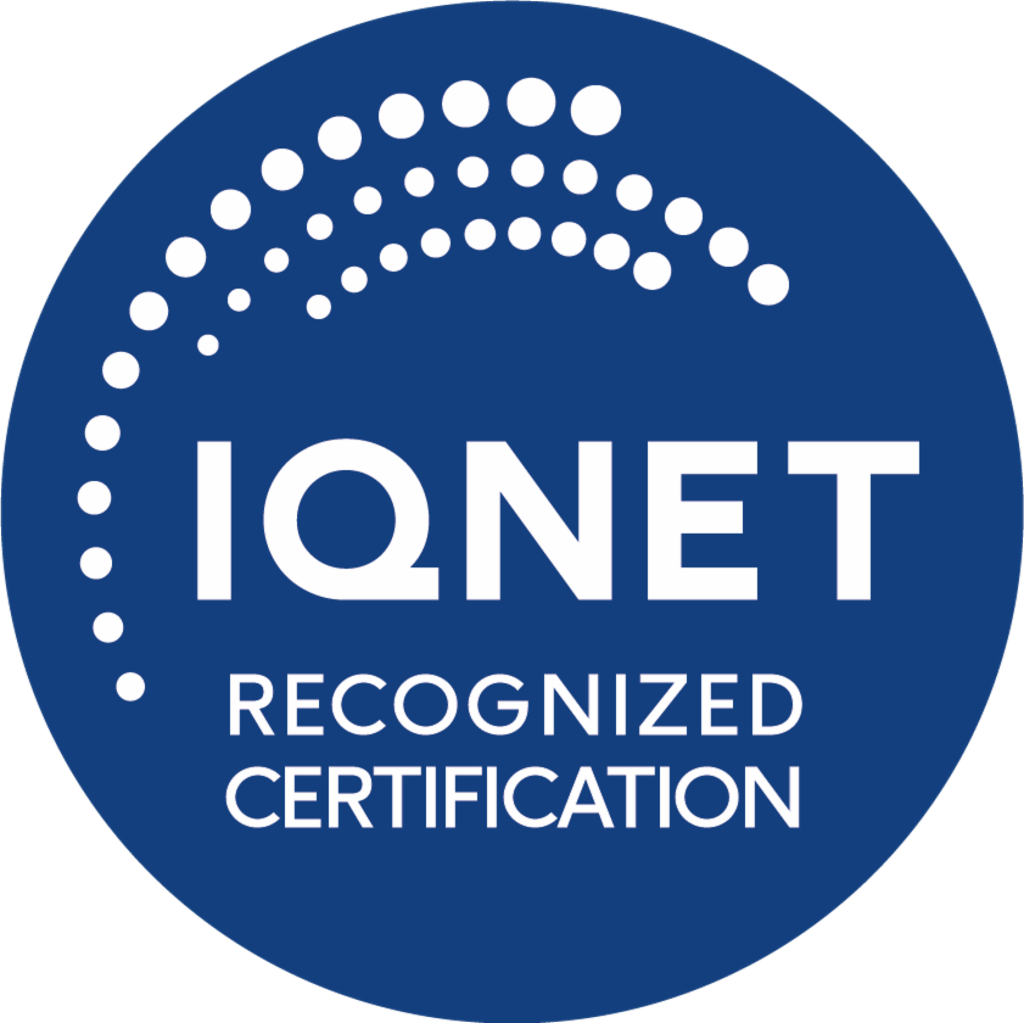- Robotic process automation (RPA) is being trained to take over automated digital tasks.
- RPA relieves employees of routine tasks
- Employees have more time for tasks that are more challenging, creative and complex.
Anna Metrycka gets very enthusiastic whenever she thinks about robots. Because these technical assistants make her work a good bit easier. Every month, the EOS project manager and her team in Poland have to check thousands of defaulting consumers in the Polish National Register of Debtors (KRZ). This involves looking up names on the KRZ website, transferring data to the company’s own Kollecto+ software, and evaluating the cases. It’s a time-consuming, fiddly job that used to cost staff five minutes for each case.
Use of RPA demonstrates the digital mastery
That’s how it was in the past – but no longer. For some time now, this laborious task has been handled by “robotic process automation”, or RPA for short. This refers to software robots trained to take over business processes and automatically perform digitized tasks, similar to AI.
Not only does the RPA technology relieve EOS personnel of the need to do a lot of boring work, but it also improves the efficiency and quality of the company’s receivables management activities worldwide and provides impressive evidence of the company’s digital clout. At least 90 RPA solutions are being used meanwhile across the EOS Group.
The founding father of the “programmed revolution” is Dobrin Mirevski, Chief Digital Officer in Bulgaria. Since 2019, the team in Bulgaria has been vigorously pursuing digital transformation using RPAs, starting with automation in areas like back office, legal, compliance or management accounting. With its project “UI Path – Digitalizing EOS through Robotic Process Automation”, the Bulgarian team of developers also won the EOS “Wall of Fame” competition in 2021. Since then, the experts have programmed 12 bots for seven other countries and have helped with the establishment of in-house RPA expertise.
In Germany, there are 10 bots in operation, primarily for conversion and management tasks like preparing statistics for the management team. The 20 bots in Croatia read data from PDFs for processes, check court notices and perform cross-referencing with Kollecto+ cases. In Portugal, robots also provide support with legal matters. In Romania, 12 bots are assisting with bookkeeping, while in Spain, 13 of these software helpers are in operation.
Improvements in speed, precision and ROI
The basic idea is as simple as it is groundbreaking: remove the robotic aspects from human labor. At the time, Dobrin promised the EOS crew: “Think about which part of your daily work routine you hate the most – and we’ll find a way to improve it using RPA.”
This means that robotic “co-workers” should take over the boring routine tasks, giving staff more time for more creative and complex activities, like developing individualized solutions for consumers. Thanks to automation, people can now concentrate on the things that are really important. The solution improves efficiency and quality at several levels:
- The workload for routine tasks is drastically reduced.
- Speed and accuracy of processing increase.
- Compliance and oversight are improved.
- Capacities can be readily scaled and managed much more flexibly.
As Anna in Poland can confirm, the increase in the quality of collection solutions has been impressive. The bot developed by the experts from Dobrin’s team for the use of the KRZ Register of Debtors not only manages to check more cases in a shorter time (3 per minute) but is also extremely reliable.

During a ten-day testing phase, we achieved a rate of 99% error-free cases.
Savings in court fees
What’s more, the software robot provides staff with a summary of the datasets and information found in the KRZ. These are then saved in Excel and are available to all teams dealing with legal strategies. On this basis, for example, certain cases can be labeled “not promising”, allowing legal measures to be suspended temporarily. This saves the court fees that would otherwise be due for proceedings that would probably not have led to the repayment of a debt. The potential is huge: The testing phase in Poland showed that these kinds of savings are possible in 35 percent of the cases selected for a judicial process.

The topic of RPA is also highly relevant for our customers. We have presented our work at many events in various sectors, e.g. in the finance and banking segment.
In Bulgaria, where it all began in 2019, 30 bots are in use meanwhile. They check compliance with regulations, print legal documents, or store correspondence in the centralized debt collection system. No longer a niche issue, RPA has become a Group-wide game-changer for digital technology, offering potential beyond the confines of EOS: “The issue of RPA is also highly relevant for our customers. We have presented our work at a lot of events in various sectors, e.g. in the finance and banking segment,” says Dobrin. The success story has just begun.
If you’d like to know more about the use of RPA at EOS please don’t hesitate to contact us.

Sabrina Ebeling
Corporate Communications & Marketing
Phone: +49 40 2850-1480
Explore more from EOS








